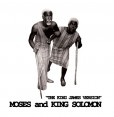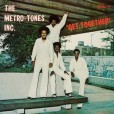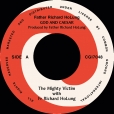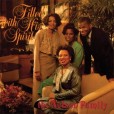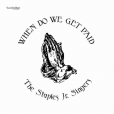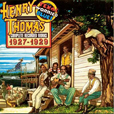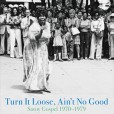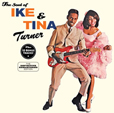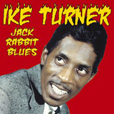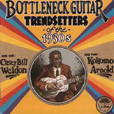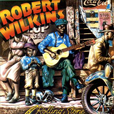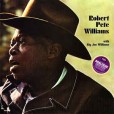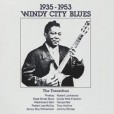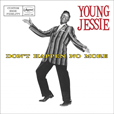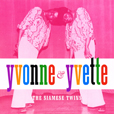Your basket is empty

Dedicated ‘to the United Nations and especially young people’, this is slow-burning, steeply screwed, early-seventies Atlanta funk by James Conley and co, spun out of a line from Eliza Hewett’s nineteenth-century hymn, When We All Get To Heaven.
The flip is deadly, too: a super-soulful blend of Sly & The Family Stone with Kool & The Gang, movingly confused and sincere in its pleading (without threats or machismo) to be loved back.
Both sides come with instrumentals. Check part two of Get Together.
Beautifully sleeved.
Superb soulful gospel from 1986.
Thank You Lord is a Floating Points shot.
A terrific example of gospel in the form of soul music, so prevalent in the mid-seventies.
A family group, the Browns were from Aberdeen, Mississippi. Annie was 11, A.R.C was 12, and Edward was 13 when they got their start, building a reputation by playing school talent shows and front yards.
“We were so strange and we were so young,” says Edward, “and a lot of people didn’t understand that.”
The second of three volumes presents sublime crossings of gospel with the soul, funk and jazz of the Black Power era. Twenty cuts dot dazzlingly between Muscle Shoals soul, screwed breakbeat, Mizells-style fusion, disco and proto-house. Triumphant re-workings of Sly Stone, Donny Hathaway and Herbie Hancock’s Head Hunters will have listeners throwing their pew cushions into the air.
Their 1961 Sue Records debut, including I Idolize You and A Fool In Love, plus ten more sides from the same period.
The 45 reissue of a Tune Town 78, and a scorcher of a CD generously covering various late-fifties Ike Turner projects.
‘You could scarcely find two more contrasting bottleneck stylists… the ‘Hawaiian Guitar Wizard’ played upbeat, concerned with smooth tone. Arnold usually played solo, with strident tones, generally frenetic…’
1928-35 recordings by the Memphis bluesman (with Cherokee Indian close by in his family tree) — including That’s No Way To Get Along, later covered by the Rolling Stones as Prodigal Son.
‘Primarily the work of Southern born bluesmen who immigrated to Chicago before the Second World War, but whose careers endured into the postwar era,’ this was the first Nighthawk release, with the label taking its name from a Robert McCoy recording featuring Big Joe Williams and Sonny Boy Williamson, included here. (‘I have prowled so long / Till it made my knee bones sore.’) With Big Bill Bronzy, Tampa Red, Washboard Sam, Johnny Shines and co.
Seventeen gems of fierce funk, rapturous soul and transcendent disco and boogie, super-charged with celebration and affirmativeness, loaded with roaring choirs, rocking horns and popping bass guitars, from the years leading up to Savoy’s acquisition by Malaco.
The former Flair and Leiber and Stoller go-to is a rock ‘n’ roll hero. A charged, witty, extrovert guide to its glory days — from doo wop through blues, rhythm and blues, rock and roll… into soul. Terrific stuff.
In the sixties they shared bills with every gospel superstar going (not to mention Little Bald Head Johnny, who had no tongue, and Mule Man, who presumably had a big willie and pendulous balls).
